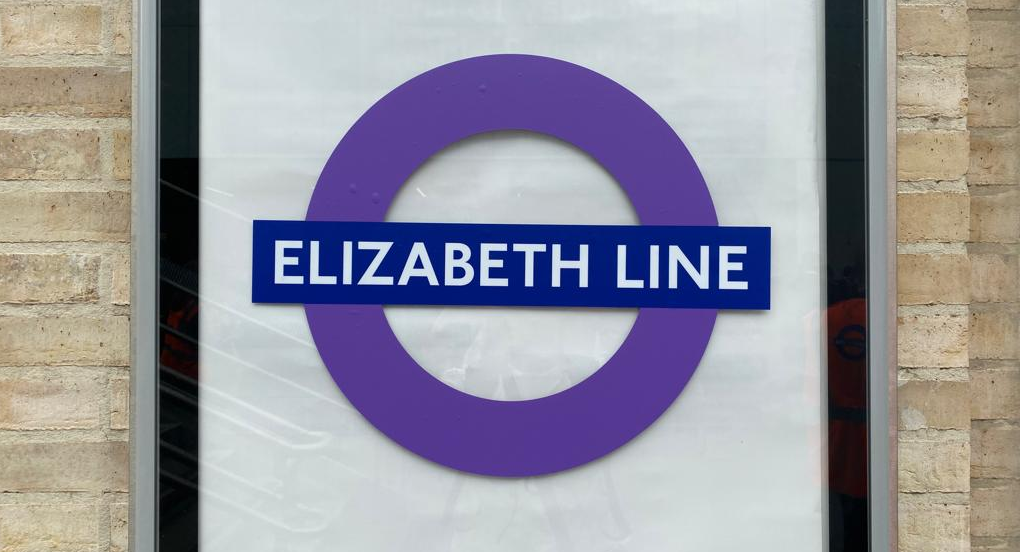NEWS.CATEGORY: Industrial
ACAS talks for RfLi (Elizabeth Line) pay

TSSA’s negotiators have been at ACAS this week (w/c 7 November) on behalf of Rail for London Infrastructure (RfLi - Elizabeth Line) members, seeking progress in pay talks.
TSSA is seeking an improved pay offer which takes into account the comparably low pay rates of RFLI staff. A two-year deal has been offered, of 4% for this year and 4.4% for next year. However, workers at MTR – the outsourced part of the Elizabeth Line – received an 8.2% increase this year, Docklands Light Railway (DLR) staff received 9.25% and staff at London Overground have just been offered 6.5%. Staff at MTR, in similar roles to TSSA members in RfLi, are on salaries up to £30,000 more than their RfLi equivalents.
RfLi is an operational arm of the Transport for London network, falling under direct TfL control in the same way that London Underground does – ie it’s a wholly owned operator. TSSA represents management grades including Traffic Managers, Service Infrastructure Managers and Incident Response Managers who are safety critical to running services across London’s new flagship west-east line.
“This dispute is fundamentally about unfairness and inequality in pay rates across the TfL network”, explained TSSA Organiser and lead negotiator, Mel Taylor. “These grades in RfLi have years of experience yet are paid significantly less than staff doing similar roles across the network – including colleagues on the very same line.”
TSSA has held an indicative ballot of RFLI members in which they were asked their view on taking industrial action. With a turnout of 90%, members voted 93% in favour of taking strike action and almost 97% in favour of taking action short of strike (ASOS).
“Our members in RfLi feel very strongly about their treatment when it comes to pay, but health and safety and the threat to pensions are also issues in this dispute”, continued Mel. “The company must know that low pay rates are an issue as they are experiencing very high turnover of staff as people move on to better paid roles elsewhere in the industry. This in turn is having an adverse effect on safe staffing levels. High turnover is putting safety at risk because of the lack of fully trained staff in post, with a recent example of trains running without a Service Infrastructure Manager on shift. They’re also regularly relying on overtime to run core services. There’s a risk of staff burning out.”
Talks facilitated with conciliation service ACAS have so far failed to bring an improved offer to the table. TSSA is now moving to ballot for industrial action, with the indicative ballot results indicating a strong yes vote and willingness of staff to take action which would cripple services across the Elizabeth Line.
